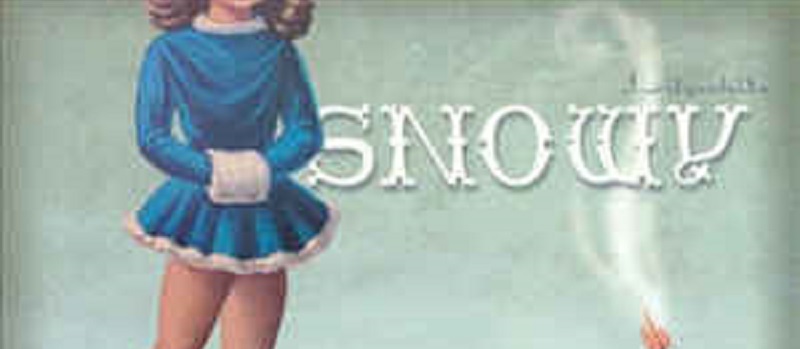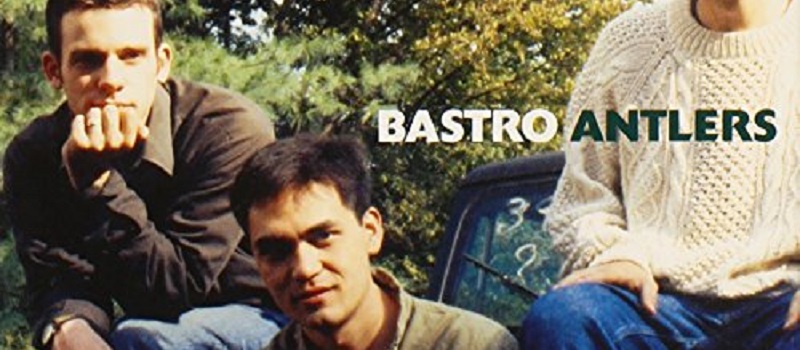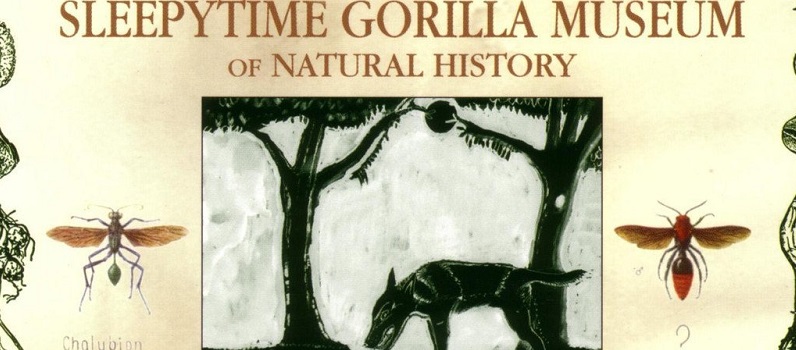On “3 a.m.,” the first track, the reverberating notes of a piano and bass slither along for a moment as vocalist Bonni Evensen sinks right into the softest parts of a deceptively sleepy voice, singing, “It’s 3 a.m. We meet again, again.” This isn’t song; it’s an invitation. She continues, piano, bass, and guitar gently swirling around the smoke and frost of her voice. “While I’m sleeping I just make you up. Glassy eyes of the morning are frozen pictures of you,” she sings. “The sun makes the shadows just for me.” And, after that last line, the song falls right into gear, a sharply recorded but understated trip-hop shuffle coming to the forefront to hold together the piano and bass as Evensen continues her late-night rumination.
These few moments set the tone — both in terms of content and musical initiation — for almost all of the nine songs that follow; this may be a pop record, but it’s a pop record written for a broken heart and recorded in the middle of a seemingly endless dream.
While songwriter Steven Roback and co-producer Tim Mooney played a big hand in putting together Lilywhite, it is clearly Evensen who steals the show. While she lacks some of the smoke and sensuality of Sam Phillips — with whom she seems to share her range and vocal approach — her voice is perfectly suited to the pace and swagger of Lilywhite. The record is filled with densely arranged pop songs and clever, psychedelic orchestration, but Evensen’s voice seems to thematically hold the whole thing together, balancing it between dream-laced cinematic soundscapes and more conventional verse/chorus/verse pop.
That’s not to say that others don’t have their moments to shine here. On “Candlenight,” Mooney’s drums again inject a kind of trip-hop syncopation into the mix, adding weight to a piece that is largely colored by keyboards and the ominous moans of violin and cello. These rhythmic patterns flourish throughout, managing to anchor songs like “Daisies and Ashes” and “Couldn’t Say No,” both of which are occasionally so light and ethereal you’d expect them to float off into the strata.
But the spotlight seems to fall, repeatedly, on Evensen, and for good reason. On the record’s title track, a repeating measure on electric guitar slowly gives way to the soft hum of strings, but it is Evensen’s voice that is engaging and mesmerizing. Where some vocalists would bulk up a chorus to drive home a key emotion, Evensen could nearly bring you to tears as she softly sings one phrase over and over again: “She’s beautiful. She’s beautiful.”
The second half of the record seems to revisit many of the formulas that worked earlier. There’s Evensen’s soft voice — I keep imagining a more-produced Edith Frost — creeping out of the shadows of various psychedelic sounds, the trip-hop drum and bass beats, the occasional focus on the reverb of an electric guitar. The last minutes of “Headful of Dreams” and the record’s closing track — the almost majestic “Follow Your Star” — offer some nice surprises, but in the end, you almost wish Evensen’s voice could keep floating further above some of the musical structures that surround it.
If the only criticism of a debut record is that the listener is left wanting more, however, Snowy may very well be on to something here. – Delusions of Adequacy, March 10, 2003




